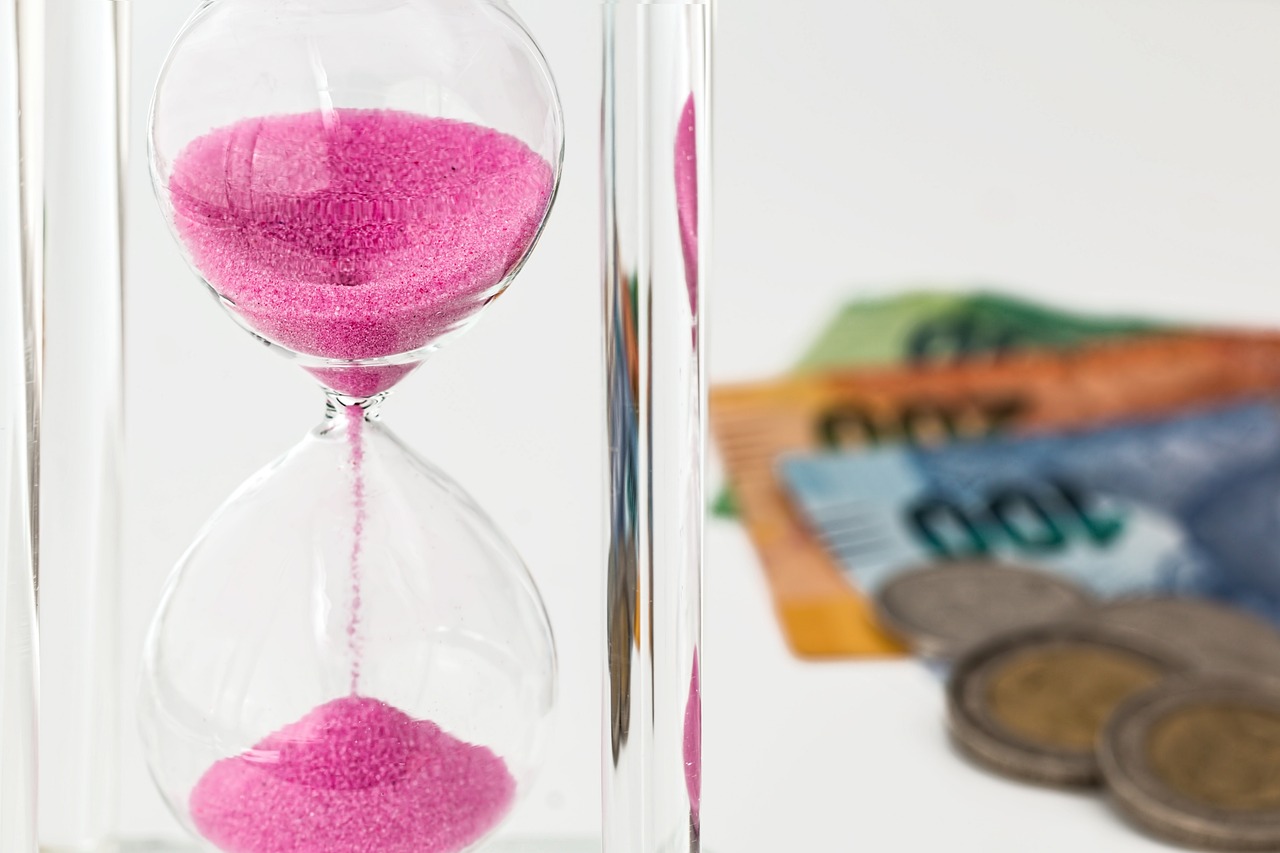Patience is a virtue

Patience is a virtue
A recent study has shown what you probably already knew – we are an impatient lot. Apparently, our patience when queuing lasts for ten minutes 42 seconds (how precise is that?) - And then we lose our tempers.
The Payments Council conducted this research, which also revealed that supermarkets are our least favourite places to queue, followed by post offices, then airports. Younger people are slightly more patient than the over 55s, while Londoners will wait patiently for longer than people in Yorkshire or Humberside – I am not sure what that adds to the North – South divide debate…
Daft as this research is, it’s also quite interesting to those who like me are interested in changing behaviour. It confirms that we all want immediate gratification, a trait which has only been aggravated by the new online, instant world of click-and-you-get-it.
Impatience does exist in the workplace and where prevent can end up hindering the efficiency and effectiveness of task completion. It’s good to be on the case and getting on with the job, but being impatient may have a negative effect on your own performance, your colleagues and the dynamics of a team.
Take this scenario. An impatient employee or manager is demanding information from a colleague. That information may be produced more speedily but it may contain more errors because of that speed or be incomplete. We all need to work to deadlines and to do so effectively we need a calm if somewhat upbeat and organised environment; it is in this state that we produce our best work and where we are far more likely to pull together as a team.
Patience is a virtue, as the saying goes, and impatience really isn’t.
So if you really want to be more effective, then leave your impatience at the door when you get to work; save it for the queue at the bank…
For more information please send a message via the Contact Us Page. Or you can register for an upcoming webinar.


